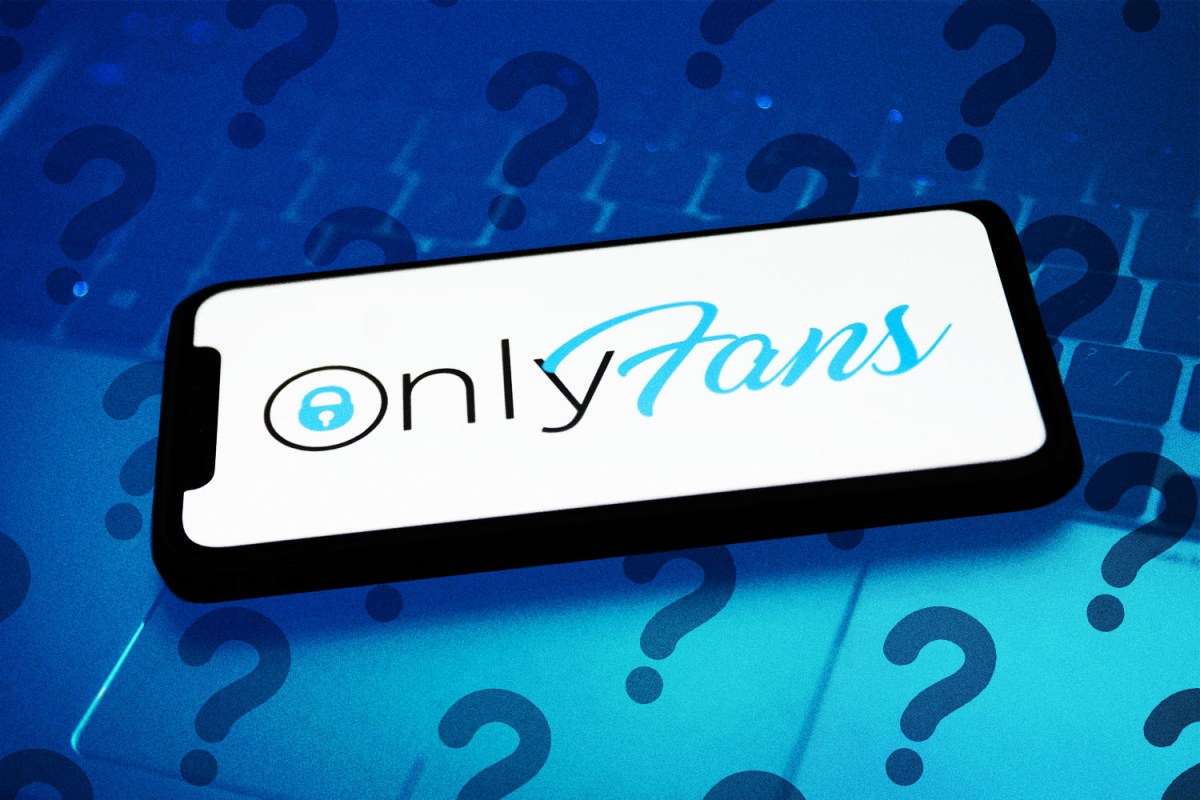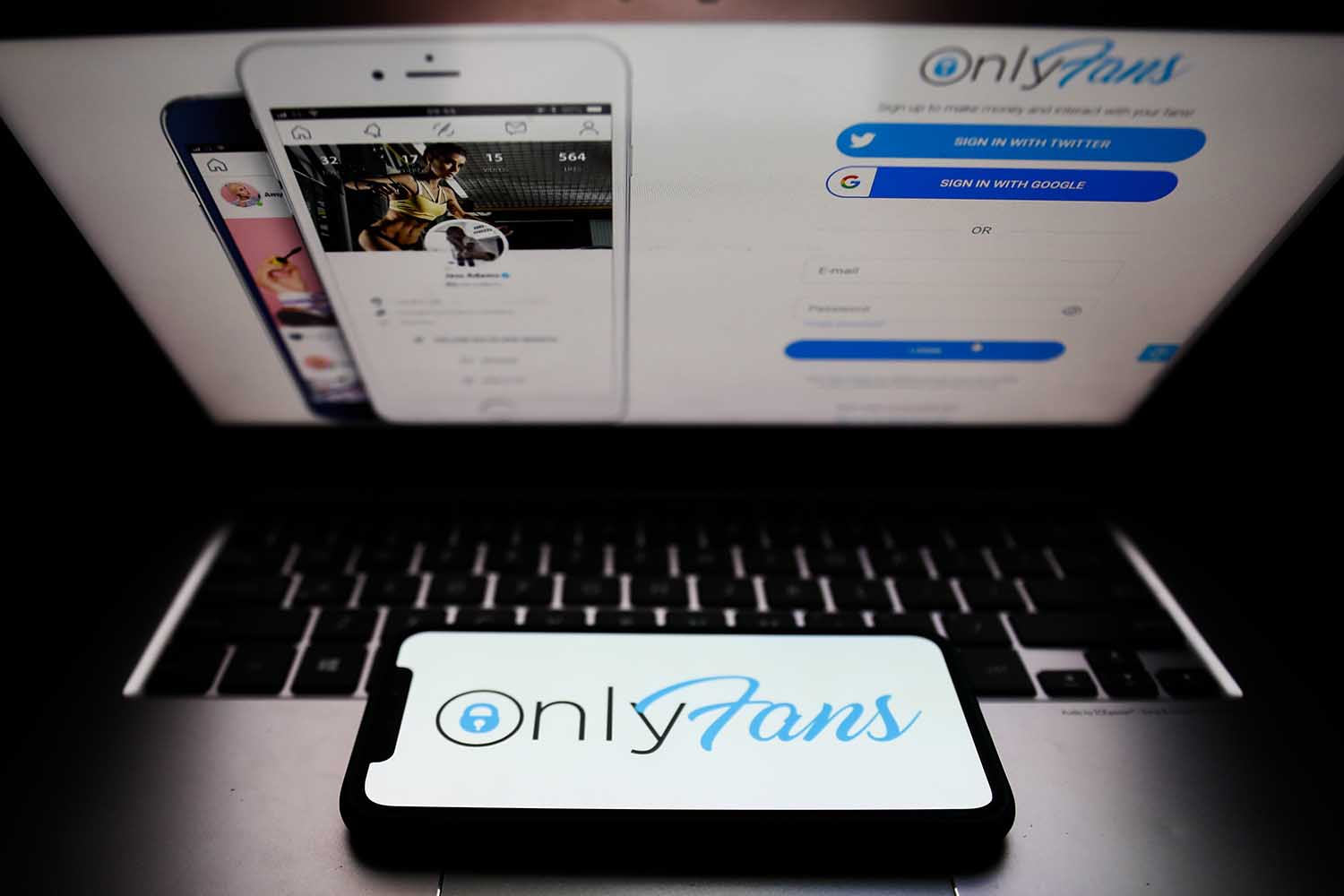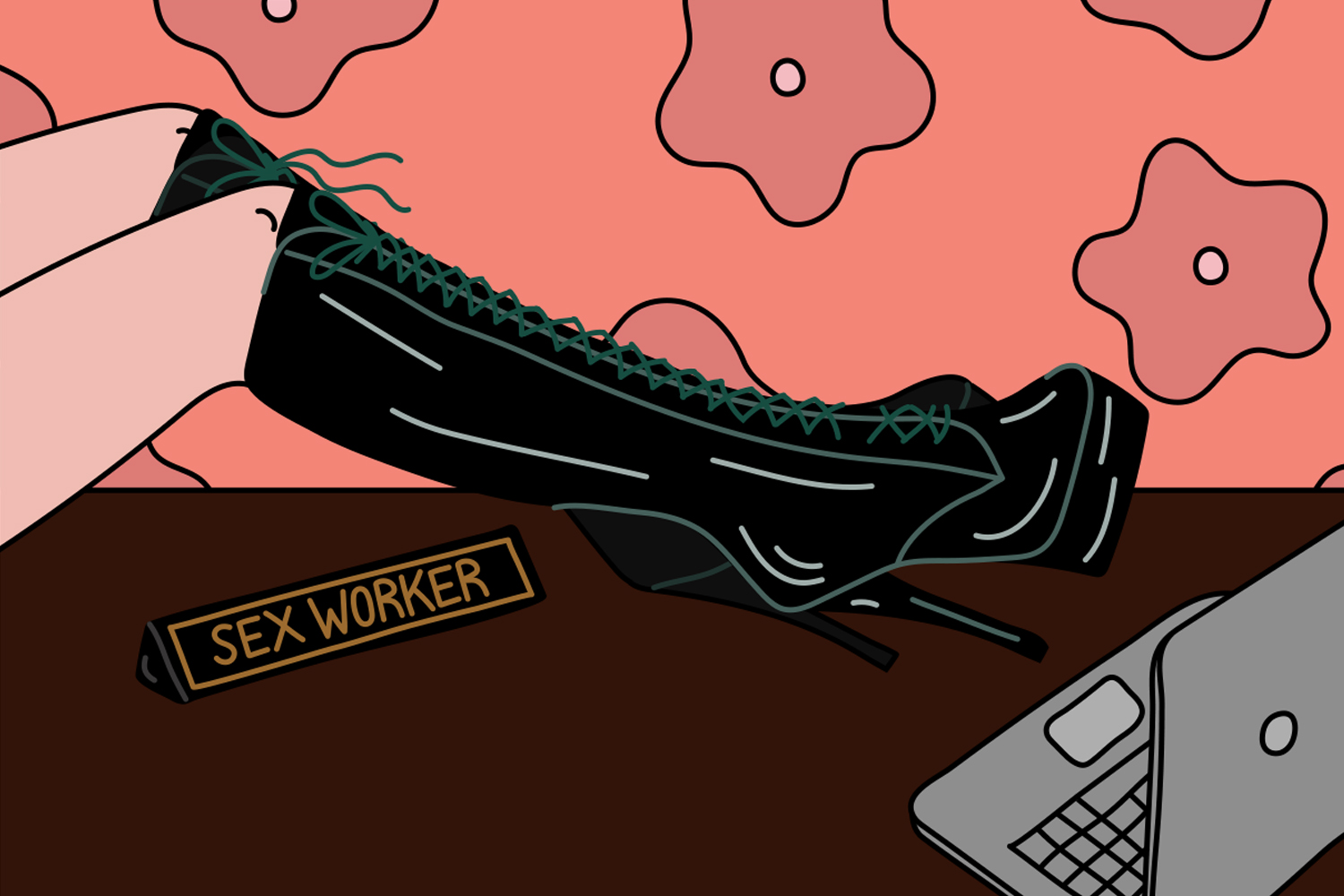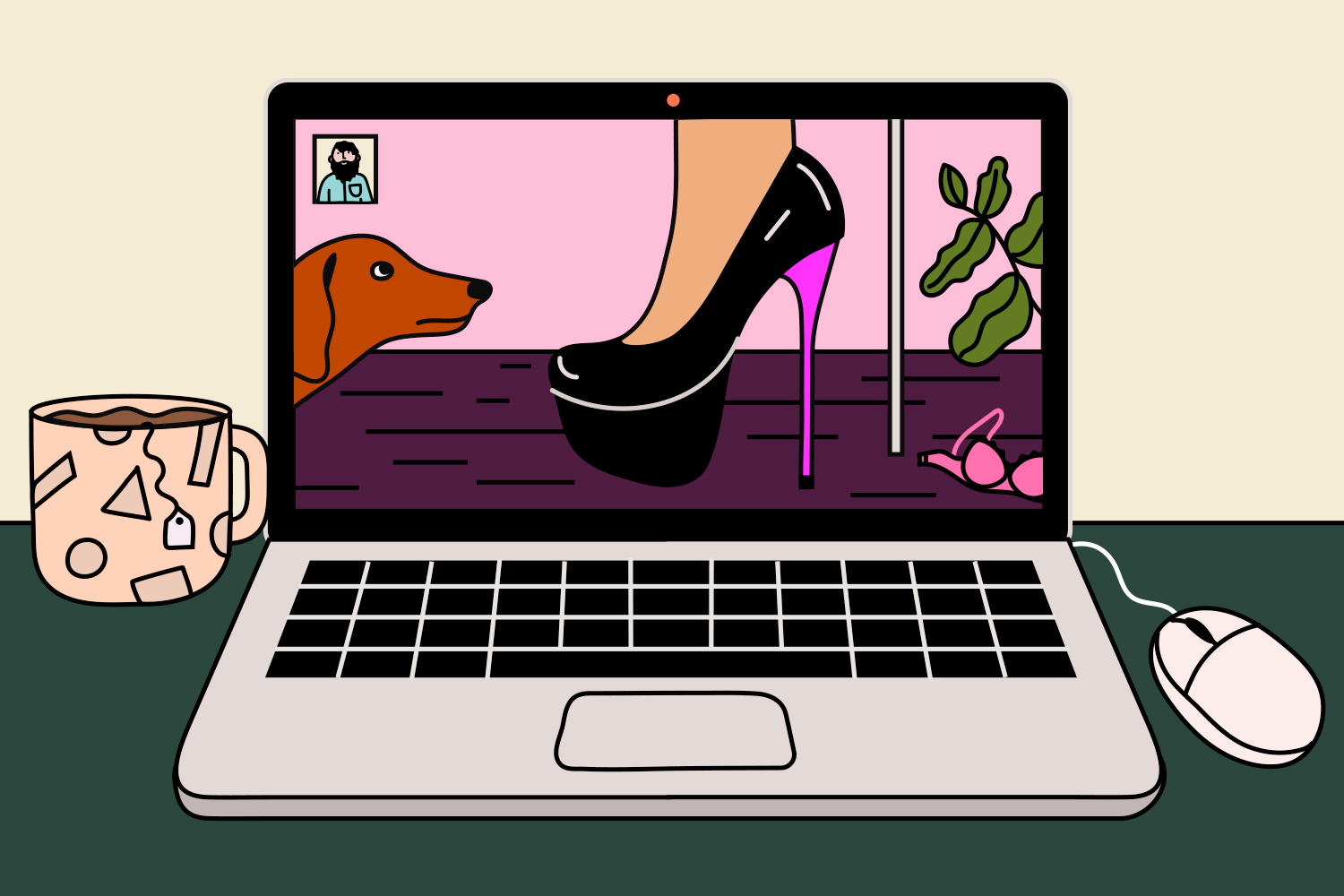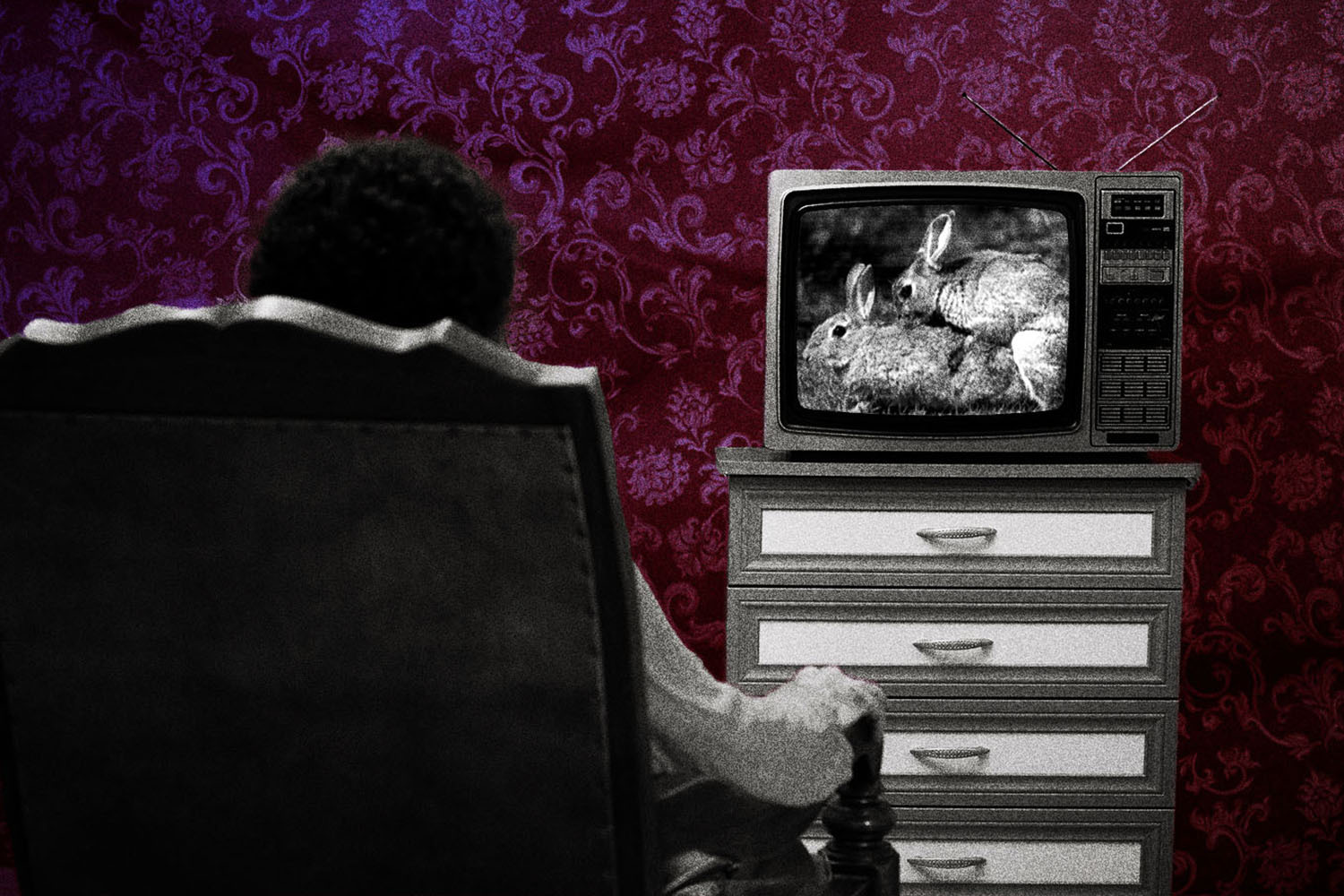If you, like me, were busy trying to take some much-needed time off last week and avoid the swirling cesspool that is internet discourse, you may have missed the internet-breaking announcement that OnlyFans will be banning sexually explicit content starting in October. If you did (or even if you didn’t), you may now be wondering what the hell is going on. Don’t worry, everyone else is too, including the people online trying to explain it to you — myself included.
A full five days after the subscription platform dropped the announcement that launched a thousand takes, explainers, memes and Twitter threads, there’s still little in the way of a definitive answer as to what, exactly, the changes to OnlyFans’ terms of service will actually entail, how it will affect adult content creators on the site, or why it’s happening in the first place. In the days since the site announced it would be dispensing with the adult content that made the platform a household name, industry experts, journalists, OnlyFans creators and random people online alike have come forward with various theories and explanations for the platform’s seemingly sudden boycott on what has long been its primary product, only for those theories to be challenged by other industry experts, journalists, OnlyFans creators and random people on the internet who claim to know the real story. In short, everyone is pretty confused.
Admittedly, I am no more qualified to offer any kind of “definitive” explanation than anyone who has tried already (indeed, I’m significantly less qualified to do so than many of them). Ultimately, like many of the incredibly nuanced issues that have been boiled down into Instagram-friendly, Millennial pink-hued infographics in recent years, what’s going on behind the scenes at OnlyFans Inc. right now is far too complicated to be condensed into one easily digestible explanation. Naturally, OnlyFans creators whose future on the platform hangs in the balance want answers, and media outlets and social media activists want to deliver the right ones, but the only simple answer is that there is no simple answer.
At face value, OnlyFans’ decision to ban explicit content was an all-too-predictable reflection of the same sex- and sex work-negative ethos that have seen other online platforms (like Instagram) institute more restrictive policies in recent years, a move sex workers and industry experts were already predicting (and dreading) more than a year ago. As OnlyFans skyrocketed in popularity last year amid the COVID-19 pandemic, many sex workers whose tenure on the platform predated the boom raised concerns that the increased mainstream exposure (especially from celebrities like Bella Thorne) would actually prove detrimental to the sex workers selling explicit content on the site. As Mistress Eva Oh told InsideHook last year, “It’s a common reality that sex workers popularize platforms only to then be forced out when the platforms reach a level of mass popularity.”
The fear — bolstered by years of similar narratives playing out on other platforms like Tumblr, YouTube and Twitch — was that as OnlyFans grew in popularity, the company would look to strike deals with bigger mainstream advertisers and investors, the kind who typically frown on sexually explicit content. “My only concern with more and more large mainstream creators coming onto the site is what it may do for smaller adult performers,” adult business and marketing consultant Amberly Rothfield told InsideHook last summer amid a spike in celebrity presence on OnlyFans. “Too often we have seen platforms like Twitch and YouTube allow risqué behavior to grow their channels, only to kick us off when major advertisers come down.”
When OnlyFans first announced its forthcoming ban on explicit content last week, it seemed like exactly the dreaded, inevitable crackdown sex workers had been predicting all along, a result of the platform’s increased relevance and lust for mainstream advertisers and investors. And it probably is, in part. But as many online were quick to argue, it’s not the whole story.
In the wake of the announcement, many came forward to declare that the ban has less to do with investors than it does Mastercard — specifically updates to the credit card company’s own terms of service. According to various reports, including and perhaps most significantly a viral Twitter thread from Post-Culture Review, Mastercard has unveiled new terms of service requiring sites hosting adult content to fully verify every user and performer who appears in any explicit photos or videos, as well as to review all posted content prior to publication. This process would be costly and time-consuming, and, according to some reports, OnlyFans has simply decided it isn’t worth the time, money and energy. Rather than cut ties with a financial giant like Mastercard, OnlyFans has chosen to cut ties with explicit content.
However, just because OnlyFans’ explicit content crackdown is linked to Mastercard’s new terms of service doesn’t mean — as some have argued — that it’s not reflective of a broader attack against online sex work and sex workers. The allegedly Mastercard-influenced OnlyFans’ porn ban follows the credit card company’s decision to stop processing payments to Pornhub last December in the wake of a controversial New York Times report by Nick Kristof accusing the popular porn platform of hosting illegal content featuring underage children, nonconsensual sex and revenge porn. The report was contentious, because while Pornhub does have a reputation for being lax about content moderation, conflating consensual sex work with sex trafficking and child exploitation has become a favorite tactic among anti-sex-work activists and extremist Christian organizations determined to scrub the internet of sexual content and criminalize sex work — organizations to which Kristof reportedly has ties. (Many critics of his NYT exposé have cited the fact that one of Kristof’s primary sources was Traffickinghub founder Laila Mickelwait, who is also affiliated with a notoriously anti-sex, homophobic, anti-semitic Christian group called Exodus Cry, as evidence that Kristof’s seemingly child-saving crusade was little more than evangelical, anti-porn propaganda.)
Unfortunately for sex workers and activists, the sex-trafficking card is a pretty powerful, compelling one for anti-sex work crusaders to have latched onto, one that can easily fool the average person. Why? Because, “Won’t someone please think of the sexually exploited children” is a pretty hard defense to argue against in any capacity without sounding like a monster. So Kristof pulled the sex trafficking alarm in the paper of record and then called for Visa and Mastercard to either cut ties with Pornhub or essentially tell the world they actually like financing child exploitation. Visa and Mastercard picked the former. Adult performers who rely on Pornhub for income were obviously distressed by the significant hit to their bottom lines a divorce from major credit card companies posed, and now, a few months later, OnlyFans creators are facing similar repercussions.
Of course, like other theories that have been proposed, the Mastercard narrative doesn’t tell the whole story. As adult performer Allie Awesome put it in a recent tweet, the OnlyFans drama “isn’t just one thing,” but rather the result of a wide range of intersecting factors: “It’s Nicholas Kristof, it’s Laila Mickelwait/Exodus Cry, it’s Eliza Bleu, it’s Ann Wagner/other politicians, it’s MasterCard/payment processors, it’s investors, it’s OnlyFans, it’s the assholes who put child porn and non-consensual content on there.”
But if there’s one thing all of these diverse, nuanced factors reflect, it’s an insidious fear and hatred of sex, sex work and sex workers that remains deeply ingrained in society, even in our supposedly evolved, sex-positive age. A puritanical obsession with policing sex and sexuality is still central to our culture, manifesting — often unseen — in almost every aspect of daily life. Fear-based rules and decisions about sex govern everything from what you can and can’t see on the internet to things that seemingly have nothing to do with sex at all, like the little piece of plastic in your wallet you used to buy a coffee this morning.
Everything in the world is still about sex, it seems. Unfortunately, that means everything in the world is also infected by our deep-seated cultural fear of it. Like the OnlyFans debacle itself, our sex-phobic culture can’t be painted with a broad brush: it’s everything, it’s dangerous and it’s everywhere.
This article appeared in an InsideHook newsletter. Sign up for free to get more on travel, wellness, style, drinking, and culture.
